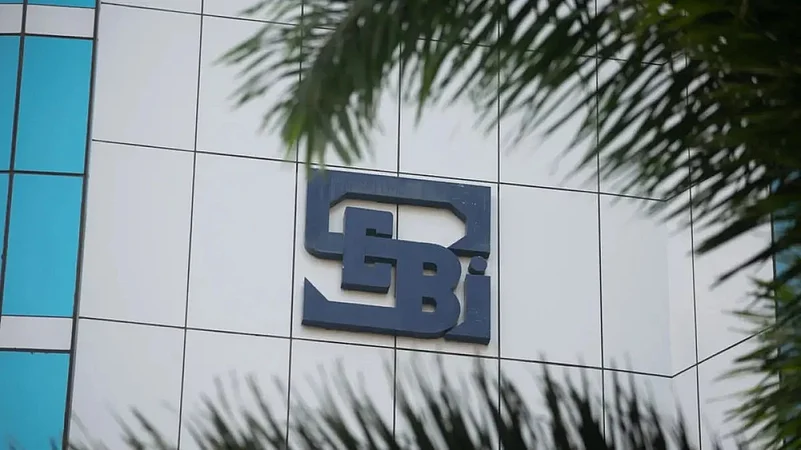The Securities and Exchange Board of India (Sebi) has made it mandatory for newly launched active debt mutual funds not to exceed 10 per cent of their net asset value (NAV) while investing in securities rated investment grade or above by a credit rating agency (CRA).
“A mutual fund scheme shall not invest more than 10 per cent of its NAV in debt instruments, issued by a single issuer, comprising money market securities and non-money market securities rated investment-grade or above by a credit rating agency (CRA),” the Sebi circular read.
However, the limit could be extended to 12 per cent of the NAV with prior approval from the asset management company’s (AMC) Board of Trustees and Board of Directors.
It means that actively managed mutual funds cannot invest more than the specified limit of their assets in an instrument issued by a single issuer. Earlier, Sebi had placed the same limitations on passively managed debt mutual funds.
“To avoid inconsistency in investment by mutual funds in debt instruments of an issuer, irrespective of the scheme being actively or passively managed, it has been decided to introduce a similar credit rating-based single-issuer limit for actively managed mutual fund schemes,” the circular said.
More On Sebi Circular
Sebi said that an active debt mutual fund should not invest more than 10 per cent of its NAV in debt and money market securities rated AAA. The limits for AA-rated and A-rated securities are 8 per cent and 6 per cent of their NAV, respectively.
Sebi, however, said the respective limits could be extended by up to 2 per cent of the scheme’s NAV with prior approval of the AMC’s Board of Trustees and the Board of Directors, but subject to a maximum limit of 12 per cent specified in clause 1 of the seventh schedule of Sebi mutual fund regulations.
All these investment limits are applicable only for mutual fund schemes launched from November 29. The existing schemes “shall be grandfathered from these guidelines till the maturity of the underlying debt and money market securities,” the circular said.
Sebi said long-term issuers’ ratings should be considered for money market instruments. But if a long-term credit rating is unavailable, the issuer may base it on CRAs’ short- and long-term credit mapping and shall take the most conservative long-term rating for the given short-term rating.
Sebi also said that any debt mutual fund buying government money market instruments, like TREPS on government securities (G-Sec) or treasury bills (T-Bills), shall be treated as exposure to government securities.













